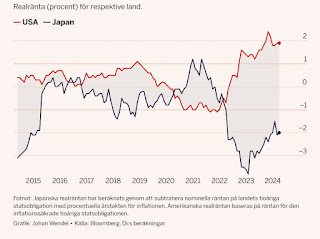China’s Trade Surplus Nearly $1 Trillion

When adjusted for inflation, China’s trade surplus last year far exceeded any in the world in the past century, even those of export powerhouses like Germany, Japan or the United States. Chinese factories are dominating global manufacturing on a scale not experienced by any country since the United States after World War II. China has gone from importing cars to becoming the world’s largest car exporter, surpassing Japan, South Korea, Mexico and Germany. A Chinese state-owned enterprise has started making single-aisle commercial jetliners, in an attempt to replace Airbus and Boeing jets someday. Chinese companies produce almost all of the world’s solar panels. Japan’s surplus, for example, peaked in 1993 at $96 billion. That works out to $185 billion in today’s dollars, or less than a fifth of China’s surplus last year. Germany ran enormous trade surpluses in the years after Europe’s financial crisis a decade ago. But its surplus peaked in 2017 at a sum equal to...












